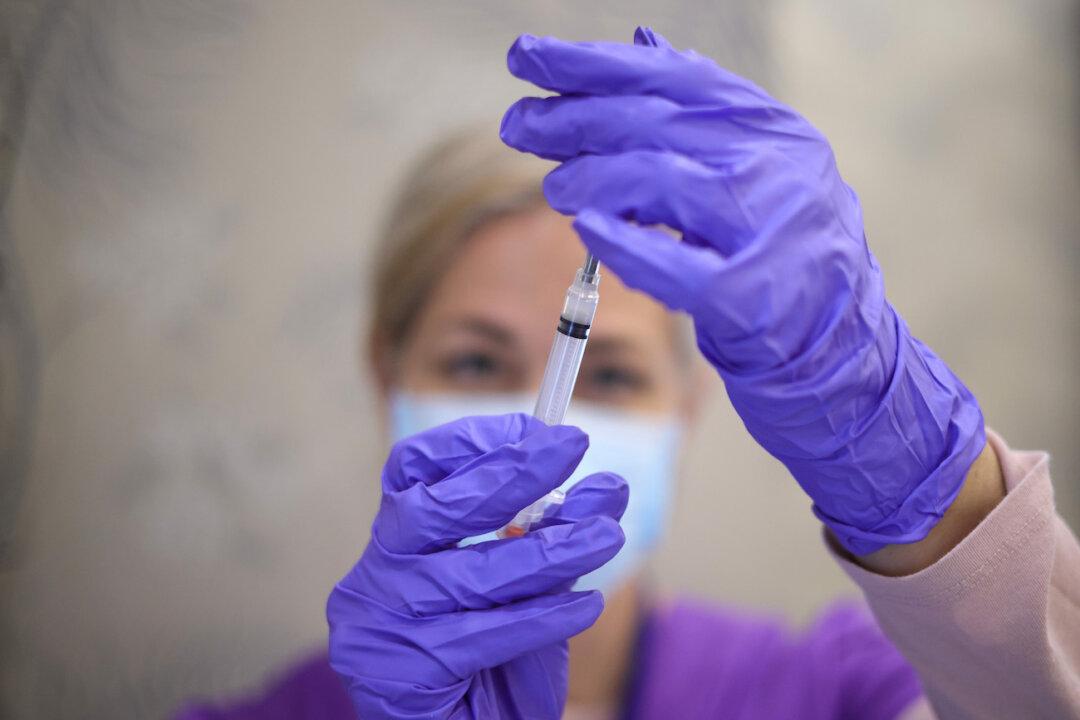The U.S. Centers for Disease Control and Prevention (CDC) has approved booster doses of the COVID-19 vaccines of the Moderna and Johnson & Johnson brands, including taking different shots for the booster compared to the initial inoculation.
CDC Director Dr. Rochelle Walensky gave her final approval late Thursday after an advisory panel unanimously endorsed the boosters, marking the final step before the vaccine boosters are made available to the public.




